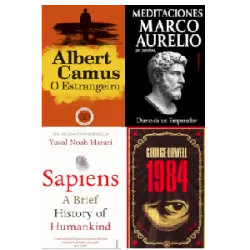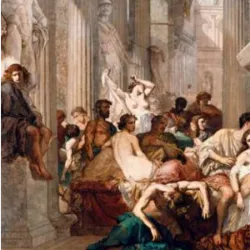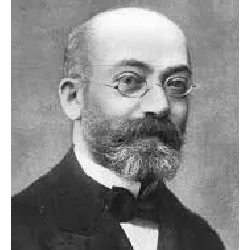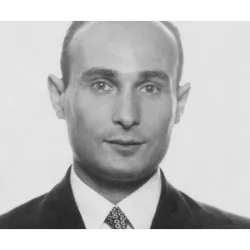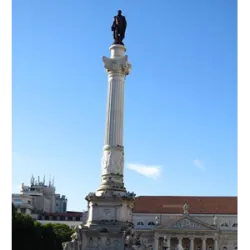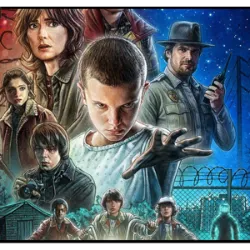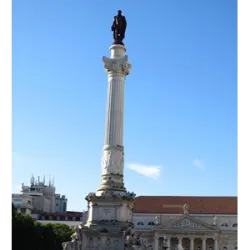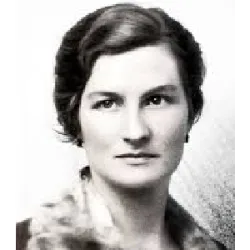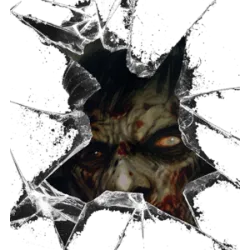The Literary Revolution that Broke with the Past
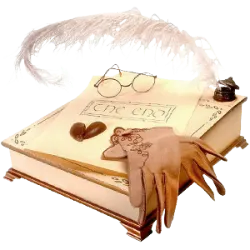
Modernism was a literary movement that emerged in the early 20th century and marked a break with previous aesthetic traditions. Characterized by freedom of expression, formal experimentation, and rejection of classical norms, Modernism transformed world literature by reflecting the profound social, political, and technological changes of the time.
In Brazil, the movement began with the Modern Art Week of 1922, an event that brought together artists such as Mário de Andrade, Oswald de Andrade, and Manuel Bandeira. Brazilian modernist literature sought to enhance national identity, using colloquial language, exploring social themes, and breaking with the aesthetic standards of the past. Works such as Macunaíma (1928), by Mário de Andrade, and Manifesto Antropofágico (1928), by Oswald de Andrade, exemplify this new vision.
The historical context of Modernism was marked by events such as the First World War (1914-1918) and the Industrial Revolution, which radically changed society. The uncertainty and chaos of these times drove writers such as James Joyce (Ulysses) and T.S. Eliot (The Waste Land), who explored fragmentation and subjectivity.
Did you know?
